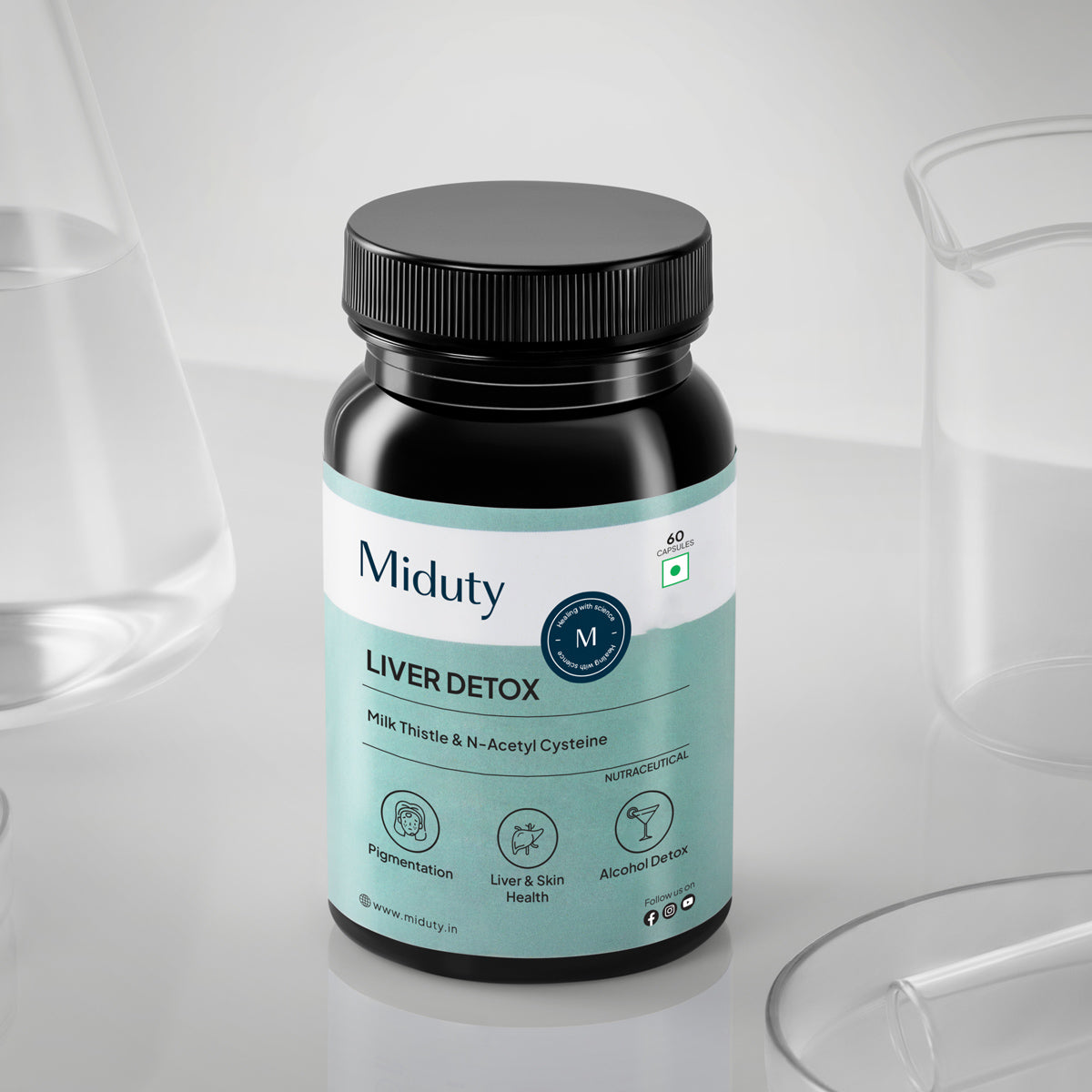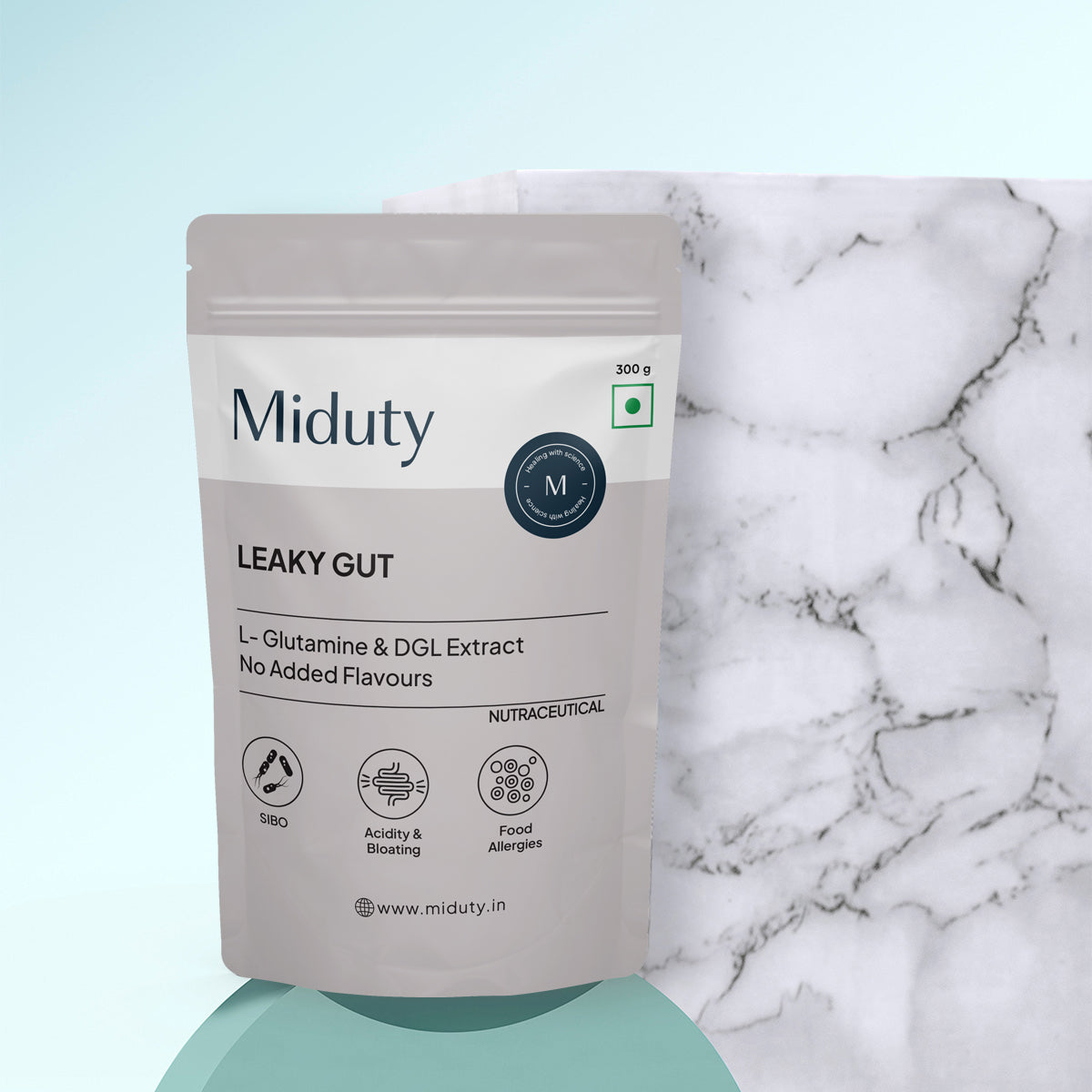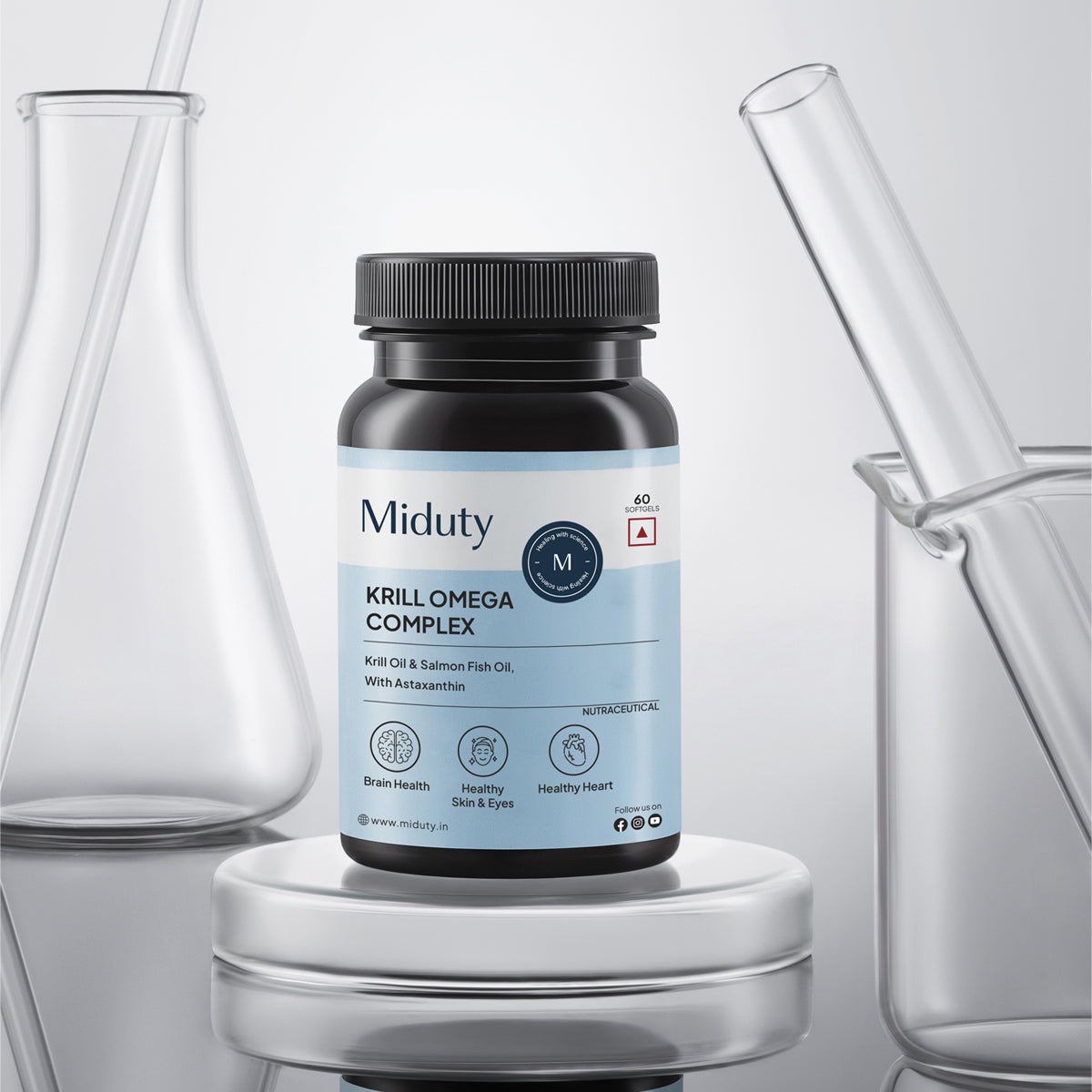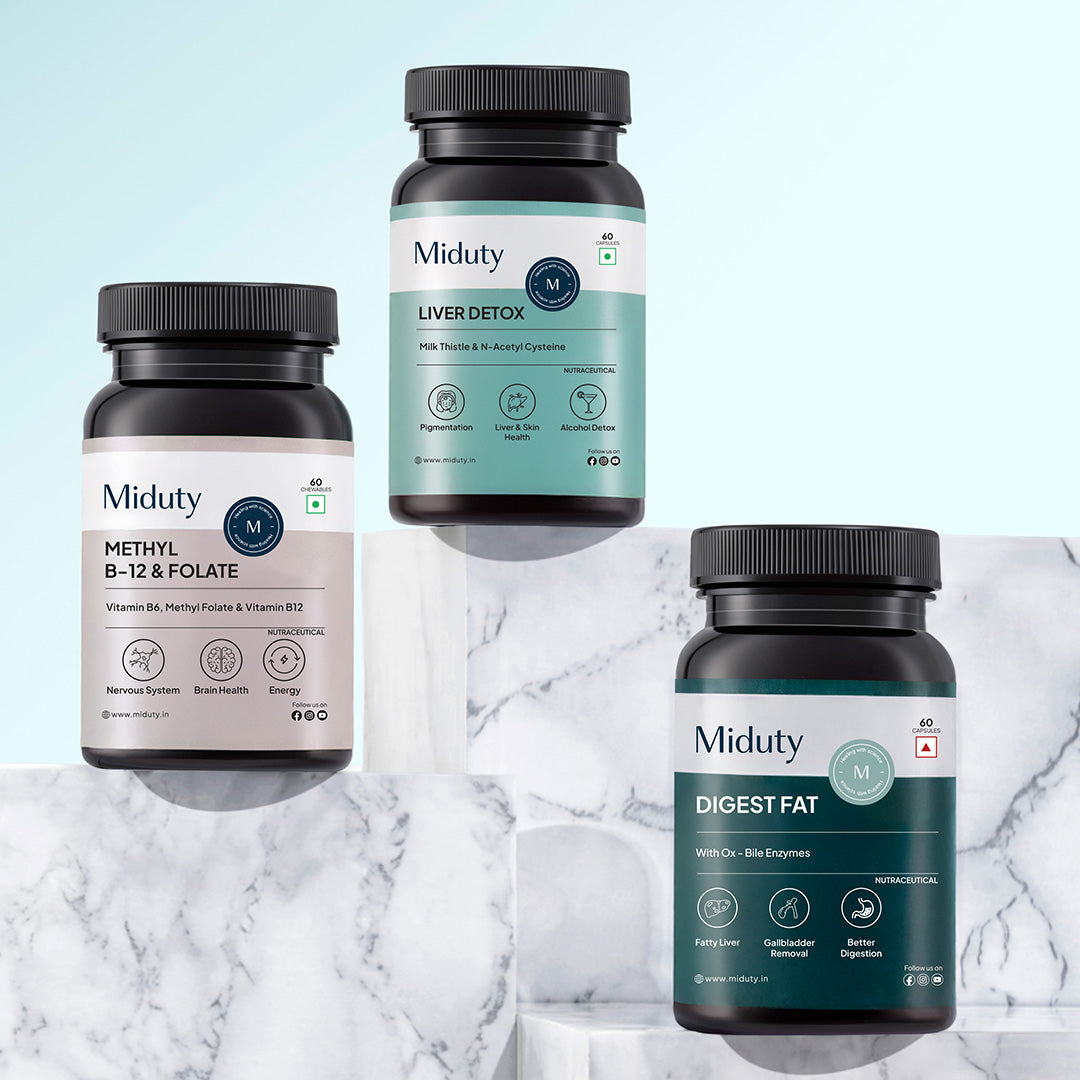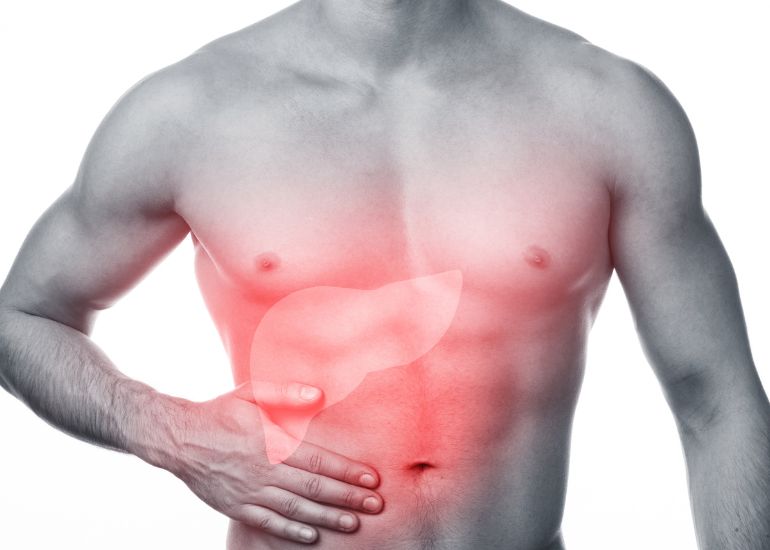
Life Expectancy With Fatty Liver Disease: How To Know and Increase Life Span
Imagine being in your forties, feeling perfectly fine, then one day, a routine check-up reveals fatty liver. No symptoms. No warning. Just silent damage building up over the years. And suddenly, you're hit with the big question: "Does this affect how long I'll live?" In this blog, we'll uncover the truth about life expectancy with fatty liver disease, and more importantly, what you can do to take back control.
Key Takeaways
1. Fatty Liver Is a Silent Epidemic: Over one in four people globally have fatty liver often without any symptoms until it silently progresses into serious liver or heart issues.
2. Life Expectancy Drops if Left Untreated: Advanced stages like fibrosis and cirrhosis can increase the risk of early death.
3. Reversal Is Possible at Any Stage: Fatty liver is 100% reversible even in later stages with consistent weight loss, sugar elimination, and metabolic support.
4. Sugar, Refined Carbs, and Oils Are the Real Culprits: Fructose, seed oils, and a sedentary lifestyle contribute more to fatty liver than alcohol in most modern cases.
5. Supplements Like Milk Thistle and NAC Can Accelerate Healing: When combined with lifestyle changes, Milk Thistle and N-Acetyl Cysteine help reduce liver fat, regenerate cells, and detox effectively.
"It's just fat in the liver, right? How serious could it be?" That's what many people think until a routine health check-up shows "Fatty Liver Grade 1." No symptoms. No pain. But suddenly, there's a sense of worry.
Fatty liver disease is one of the silent yet dangerous metabolic conditions of our time. With over 25% of the global population now affected by it, understanding its impact especially on life expectancy is not just important, it's urgent. Let's break down the real risks, the causes, how it progresses, what you can do to reverse it, and whether it affects how long you live.
What is Fatty Liver Disease?
Fatty liver disease clinically known as hepatic steatosis happens when excess fat (more than 5–10%) builds up in liver cells. There are two major types:
- Non-Alcoholic Fatty Liver Disease (NAFLD): Not caused by alcohol. Common in those with poor diet, obesity, insulin resistance, or metabolic issues.
- Alcoholic Fatty Liver Disease (AFLD): Caused by excessive alcohol consumption.
NAFLD is now one of the leading causes of chronic liver disease worldwide, and if not addressed, it can silently progress to more serious liver conditions.
How Does Fatty Liver Affect Life Expectancy?
In early stages, fatty liver might not immediately shorten your lifespan. But if the fat accumulation continues unchecked, the consequences can be severe.
The Progression Path:
1. Simple Steatosis (Fatty Liver)
2. Non-Alcoholic Steatohepatitis (NASH) – Inflammation + liver damage
3. Fibrosis – Scar tissue starts forming
4. Cirrhosis – Advanced scarring and loss of liver function
5. Liver Cancer or Liver Failure
So, what does that mean for life expectancy? A 2021 study published found that people with advanced fibrosis or cirrhosis from NAFLD had a higher risk of early death, primarily from liver failure, cardiovascular issues, or cancer.
In simpler terms, fatty liver doesn't just affect your liver, it increases the risk of heart attacks, diabetes, kidney disease, and early mortality. But here's the hopeful part: Fatty liver is reversible. Even in later stages.
What Causes Fatty Liver?
1. Overconsumption of Sugar and Refined Carbs
Fructose from sugary drinks and processed foods gets converted to fat in the liver. Studies show a high-fructose diet directly promotes liver fat buildup.
2. Insulin Resistance
When cells become resistant to insulin, glucose doesn't enter properly and ends up being converted to fat in the liver.
3. Obesity
Excess body fat increases free fatty acids in the blood, which get stored in the liver.
4. Sedentary Lifestyle
Lack of physical activity reduces fat metabolism and slows liver detoxification.
5. Alcohol (in AFLD)
Even moderate drinking over time can lead to fatty liver and subsequent liver damage.
Symptoms of Fatty Liver
Most people with fatty liver don't experience obvious symptoms. That's what makes it dangerous. Some may have:
- Fatigue
- Mild right upper abdominal discomfort
- Unexplained weight gain or bloating
- Elevated liver enzymes in blood tests
But often, it's only detected during ultrasound scans or routine liver function tests (LFTs).
How to Improve Life Expectancy with Fatty Liver Disease?
The goal is not just to treat the liver but to stop the progression, reverse fat buildup, and protect overall metabolic health. Here's how:
1. Weight Loss (Even 5–10% Helps)
Losing even 5–7% of your body weight can significantly reduce liver fat. A loss of 10% may reverse inflammation and early-stage fibrosis.
2. Eliminate Sugar, Seed Oils, and Refined Carbs
Remove sugary drinks, white rice, maida, and excess sweets. Reduce seed oils like sunflower and soybean oil, these promote inflammation. Replace with whole grains, cold-pressed oils, and natural sweeteners like stevia or dates
3. Exercise: At Least 30 Minutes Daily
Both cardio and strength training have been shown to:
- Improve insulin sensitivity
- Reduce liver fat
- Promote overall metabolic health
4. Intermittent Fasting
Practices like 16:8 fasting or alternate day fasting improve liver enzyme levels and reduce oxidative stress in the liver.
5. Liver Supportive Supplements
Liver-supportive supplements like Milk Thistle (rich in silymarin) and N-Acetyl Cysteine (NAC) can enhance recovery by reducing inflammation, protecting liver cells, and improving detoxification. When combined with lifestyle changes, they help lower liver enzymes, support regeneration, and reduce fat accumulation—making them a powerful addition to any fatty liver management plan.
Prevention Tips to Protect Liver Health
1. Even if you don't have fatty liver now, these habits can prevent its development in the future:
2. Avoid crash diets or excessive calorie restriction (they can worsen liver function)
3. Stay hydrated with clean, filtered water
4. Get adequate sleep (7–8 hours per night)
5. Add turmeric, green tea, garlic, and leafy greens to your diet—they support liver function naturally
6. Limit over-the-counter medications like paracetamol, which can stress the liver when used in excess
Conclusion
The words "fatty liver" may sound mild, but they signal something deeper: metabolic dysfunction that could shorten your life if left unchecked. The good news? You have full control over the outcome.
By making conscious changes in your food, movement, stress, and supplementation, you can not only reverse fatty liver—but also reduce your risk of heart disease, diabetes, and early aging.
Fatty liver isn't something to fear but it is something to act on early. The sooner you start, the more you can preserve your energy, your skin, your hormones and your lifespan.
If your blood tests or ultrasound hint at fatty liver, talk to a healthcare provider. Consider adding a scientifically formulated liver supplement with Milk Thistle, NAC, Selenium, and Iodine to support detox, regeneration, and metabolic recovery. Because your liver works for you, every single second. Isn't it time to return the favor?
Frequently Asked Questions on Life Expectancy with Fatty Liver
Q1 - How long can a person live with a fatty liver?
If detected early and managed through lifestyle changes, many people with fatty liver can live a normal lifespan without complications.
Q2 - Can you live 20 years with cirrhosis?
Yes, it's possible especially in early-stage cirrhosis with proper medical care, no alcohol, and a healthy lifestyle, though advanced stages may shorten life expectancy.
Q3- What removes fat from the liver?
Losing weight, reducing sugar and refined carbs, regular exercise, and nutrients like NAC and omega-3s can help reduce liver fat.
Q4 - Which is the last stage of fatty liver?
The final stage is cirrhosis, where scar tissue replaces healthy liver cells, severely affecting liver function.
Q5 - Can you live a full life with fatty liver?
Yes, if caught early and managed well, fatty liver doesn't have to limit your lifespan or quality of life.
References


